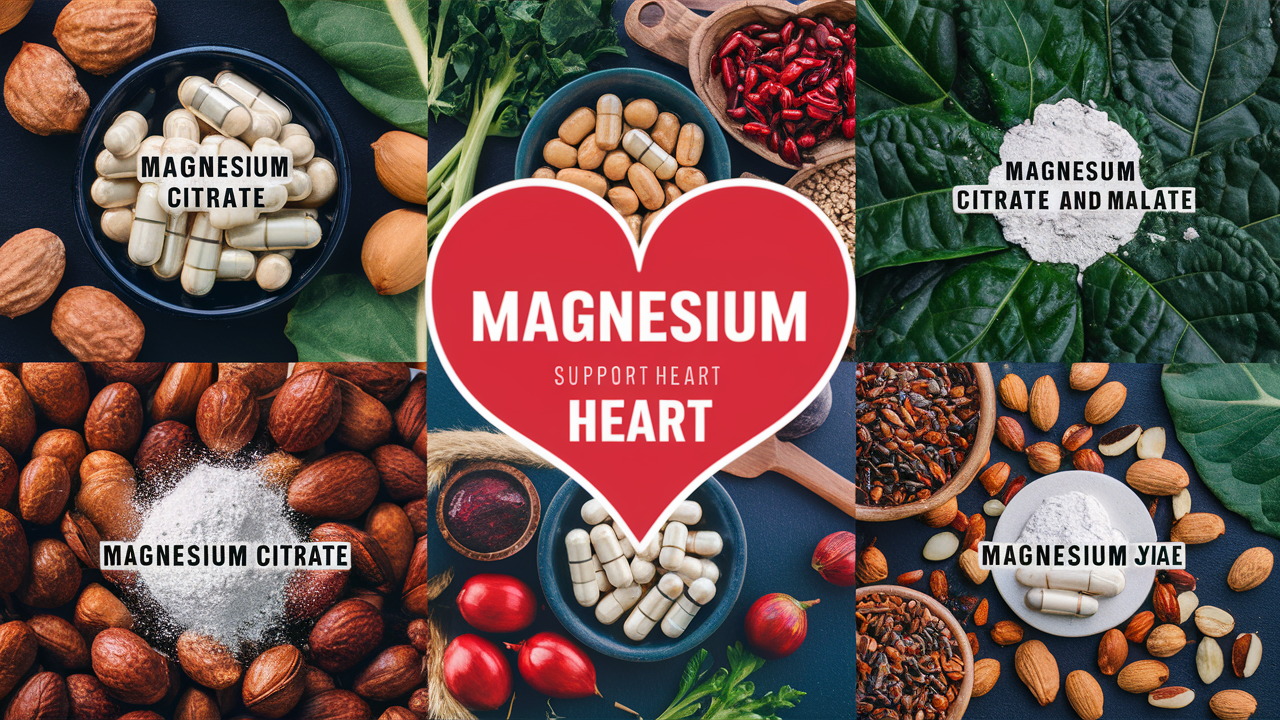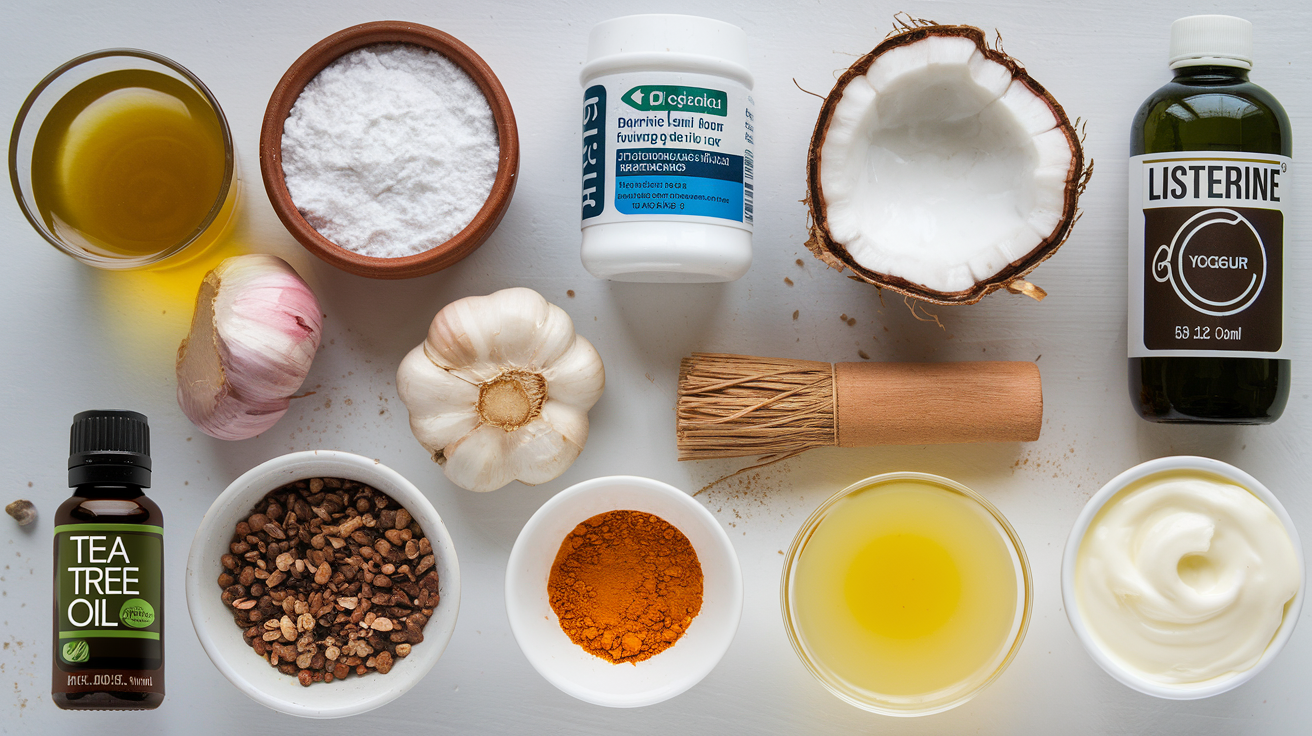Explore the role of magnesium in promoting cardiovascular health among seniors. Discover the benefits, best sources, and supplements to support heart function in elderly individuals.
In an aging population, maintaining cardiovascular health becomes increasingly crucial. Elderly individuals often contend with hypertension, heart disease, and vascular issues, necessitating proactive measures. A promising avenue gaining recognition is the role of magnesium in supporting heart health. This comprehensive guide delves deep into how magnesium influences cardiovascular health in older adults, providing practical insights into its benefits, sources, supplementation, and more.
What is Magnesium?
Magnesium is an essential mineral vital for numerous physiological processes within the body. It serves as a cofactor in over 300 enzymatic reactions, influencing muscle contraction, nerve function, and energy metabolism. In the context of cardiovascular health, magnesium plays a pivotal role in maintaining heart rhythm, regulating blood pressure, and supporting overall cardiovascular function. Adequate magnesium intake is crucial for preventing conditions such as arrhythmias, palpitations, and hypertension, which are prevalent among the elderly.
Magnesium Deficiency in the Elderly
Older adults are particularly susceptible to magnesium deficiency due to various factors. These include reduced dietary intake, gastrointestinal disorders impairing absorption (such as Crohn’s disease or celiac disease), and medications that interfere with magnesium uptake (like diuretics or proton pump inhibitors). Magnesium deficiency can exacerbate cardiovascular issues in the elderly, contributing to increased risk of hypertension, coronary artery disease, and stroke. Recognizing symptoms such as muscle cramps, fatigue, and irregular heartbeat is crucial for prompt intervention and management.
Benefits of Magnesium for Cardiovascular Health
The benefits of magnesium for cardiovascular health are multifaceted and supported by substantial research. Firstly, magnesium plays a crucial role in regulating blood pressure by promoting vasodilation (relaxation of blood vessels) and improving blood flow. This action reduces resistance in the arteries, thereby lowering blood pressure and easing the workload on the heart. Secondly, magnesium supports the structural integrity of heart muscle cells, ensuring efficient contraction and relaxation. This is essential for maintaining a steady heartbeat and preventing arrhythmias, which are common concerns among aging populations.
Research and Studies
Numerous studies have explored the relationship between magnesium intake and cardiovascular outcomes in elderly populations. Research consistently indicates that higher magnesium intake is associated with a reduced risk of cardiovascular events, including heart attacks and strokes. For example, a meta-analysis published in the Journal of the American Heart Association concluded that magnesium supplementation may reduce the risk of stroke by 8-15%. Such findings underscore the importance of adequate magnesium intake for maintaining cardiovascular health in older adults.
Magnesium-Rich Foods
Incorporating magnesium-rich foods into the diet is a practical and effective strategy to support cardiovascular health naturally. Foods rich in magnesium include leafy green vegetables (such as spinach and kale), nuts and seeds (like almonds and pumpkin seeds), whole grains (including brown rice and oats), and legumes (such as beans and lentils). These foods not only provide magnesium but also deliver essential nutrients such as fiber, vitamins, and minerals that are beneficial for overall health. Including a variety of magnesium-rich foods in daily meals can help older adults meet their nutritional needs and support optimal cardiovascular function.

Supplements and Dosage
While dietary sources are the preferred method of obtaining magnesium, supplements may be necessary for older adults who struggle to meet their magnesium needs through food alone. Common types of magnesium supplements include magnesium citrate, magnesium oxide, and magnesium glycinate, each with different absorption rates and potential benefits. The recommended daily intake of magnesium for older adults typically ranges from 320 mg to 420 mg, depending on factors such as age, gender, and individual health status. Consulting a healthcare provider is advisable to determine the appropriate dosage and type of magnesium supplement based on individual needs and health considerations.
Lifestyle Tips for Maintaining Magnesium Levels
Optimizing magnesium absorption and retention involves adopting healthy lifestyle habits that support overall cardiovascular health. Hydration plays a crucial role in maintaining magnesium balance, as adequate water intake enhances the body’s ability to absorb magnesium from food and supplements. Additionally, reducing alcohol consumption and moderating caffeine intake can support stable magnesium levels. Engaging in regular physical activity not only promotes cardiovascular health but also enhances magnesium utilization in the body. Incorporating these lifestyle strategies can help older adults maintain optimal magnesium levels and support their overall well-being.
Ready to prioritize your heart health? Discover the benefits of magnesium supplements today.
Impact of Magnesium on Specific Cardiovascular Conditions
Magnesium’s role in managing specific cardiovascular conditions such as atrial fibrillation, coronary artery disease, and heart failure deserves detailed exploration. Research studies demonstrating magnesium’s impact on these conditions can provide valuable insights into its therapeutic potential for elderly patients.
Role of Magnesium in Aging and Vascular Health
Examining how magnesium influences vascular health and mitigates age-related changes in blood vessel function can shed light on its broader benefits for cardiovascular aging. This section can delve into studies linking magnesium intake to improved endothelial function and reduced arterial stiffness in elderly individuals.
Practical Tips for Incorporating Magnesium into Daily Life
Offering practical tips on how elderly individuals can easily incorporate magnesium-rich foods into their daily diet and ensure adequate intake. This section can include sample meal plans, recipes, and shopping guides focused on magnesium-rich ingredients.
Exploring Advanced Research and Future Directions
Discussing emerging research areas in magnesium and cardiovascular health, including ongoing clinical trials investigating novel magnesium formulations or combination therapies. Highlighting potential future directions in the use of magnesium supplements or interventions for cardiovascular disease prevention in aging populations.
Certainly! Here are the “People Also Ask” section, Health Disclaimer, and Conclusion for the blog post on “Magnesium and Cardiovascular Health in the Elderly:
Check out the comprehensive guide on The Essential Benefits of Magnesium for the Elderly
People Also Ask (PAA)
What are the symptoms of magnesium deficiency in the elderly? Magnesium deficiency symptoms in older adults can include muscle cramps, fatigue, irregular heartbeat (arrhythmias), and weakness. These signs may indicate the need for increased magnesium intake through diet or supplements.
How much magnesium do elderly adults need daily? The recommended daily intake of magnesium for elderly adults typically ranges from 320 mg to 420 mg, depending on factors such as age, gender, and individual health status. Consulting with a healthcare provider can help determine the appropriate dosage.
What are the best dietary sources of magnesium for the elderly? Magnesium-rich foods beneficial for elderly individuals include leafy green vegetables (spinach, kale), nuts and seeds (almonds, pumpkin seeds), whole grains (brown rice, oats), and legumes (beans, lentils). Incorporating these foods into daily meals can help maintain adequate magnesium levels.

Can magnesium supplements help prevent heart disease in the elderly? Research suggests that magnesium supplements may support cardiovascular health in older adults by regulating blood pressure, supporting heart muscle function, and reducing the risk of cardiovascular events. Consultation with a healthcare provider is recommended before starting any new supplements.
What are the potential side effects of taking magnesium supplements for elderly individuals? Potential side effects of magnesium supplements in elderly individuals may include diarrhea, abdominal cramping, and nausea. It’s essential to follow dosage recommendations and consult with a healthcare provider to minimize risks and ensure safety.
Health Disclaimer
Health Disclaimer: The information provided in this article is for educational purposes only and should not replace medical advice. Always consult with a healthcare professional before making changes to your diet, starting any new supplements, or implementing lifestyle changes, especially if you have existing health conditions or are taking medications.
Conclusion
In conclusion, magnesium emerges as a pivotal nutrient for supporting cardiovascular health in the elderly. Its multifaceted benefits include regulating blood pressure, maintaining heart muscle function, and reducing the risk of cardiovascular events such as strokes and heart attacks. By prioritizing magnesium-rich foods, considering supplementation when necessary, and adopting healthy lifestyle practices, older adults can take proactive steps to enhance their cardiovascular well-being and overall quality of life. Stay informed, consult with healthcare providers as needed, and make informed choices to support optimal cardiovascular health with magnesium.









As I get older, I’m more mindful of maintaining good heart health. The section on the benefits of magnesium for elderly heart care was particularly helpful. I’ve been incorporating more magnesium-rich foods like spinach and almonds into my diet, as suggested here. I also discussed supplementation with my doctor, and we decided it could be a good option for me. I feel more confident about taking charge of my heart health after reading this blog post. Xie xie!
This blog post is a valuable resource for anyone interested in learning more about how magnesium can contribute to overall well-being, especially for seniors!